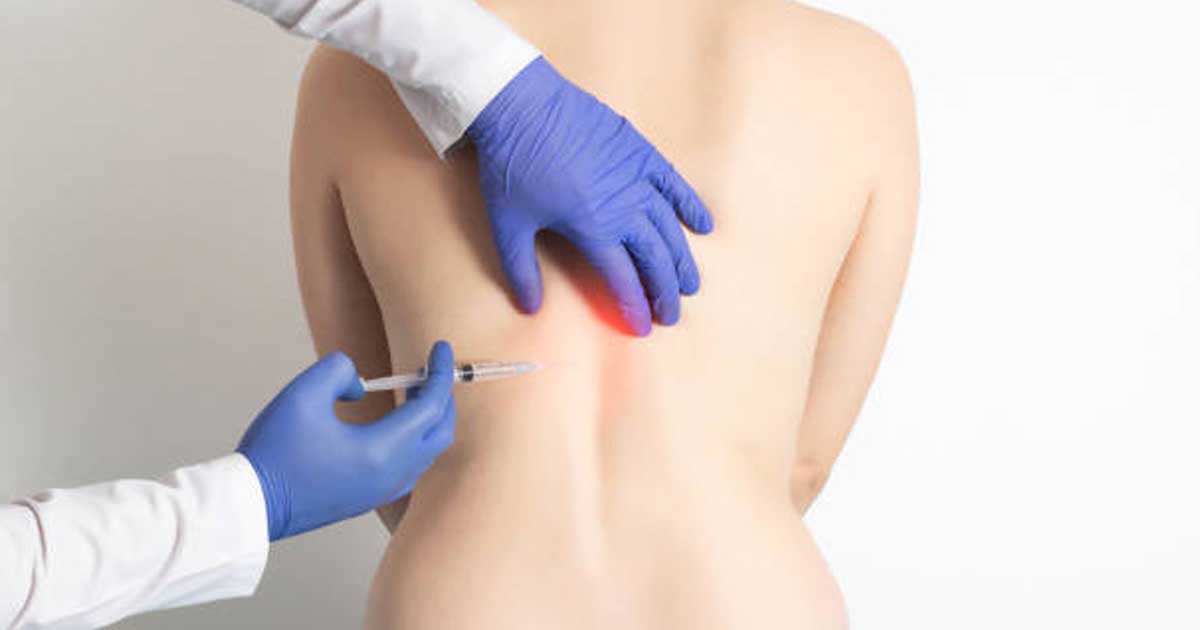
Blog
Hormonal Changes in Women After 35: What to Expect and How to Take Care of Your Health

Hormonal balance plays a fundamental role in a woman’s health and well-being throughout her life. From the age of 35, significant hormonal changes begin to occur which can impact on quality of life, metabolism, emotional health and even aesthetics. Understanding these changes and knowing how to manage them is essential for healthy and balanced ageing.
Main Hormonal Changes

- Decrease in Estrogen and Progesterone
The production of estrogen and progesterone begins to decline gradually, preparing the body for the transition to menopause, which occurs on average between the ages of 45 and 55. This reduction can lead to irregular menstrual cycles, increased fluid retention and mood swings. - Increased Cortisol
Chronic stress and aging can raise levels of cortisol, the stress hormone, which is associated with increased abdominal fat, fatigue and sleep difficulties. - Changes in Testosterone
Although in smaller quantities than in men, testosterone is also important for women, influencing energy, muscle mass and libido. Its reduction can lead to a decrease in vitality and sexual desire. - Insulin resistance
With age, insulin sensitivity may decrease, increasing the risk of weight gain and the development of type 2 diabetes. - Melatonin decline
The hormone responsible for sleep, melatonin, is also reduced, which can result in difficulty falling asleep and a lower quality of rest.
Common symptoms
- Excessive tiredness
- Weight and body changes
- Anxiety, irritability and mood swings
- Reduced libido
- Dryer skin with less elasticity
- Hair loss
- Difficulty sleeping
How to manage these changes?

1. Adopt a balanced diet
Choosing a diet rich in lean proteins, healthy fats (such as olive oil and avocados), fiber and antioxidants can help maintain hormonal balance. Foods rich in phytoestrogens, such as soy and flaxseeds, can be beneficial.
2. Exercise Regularly
Activities such as weight training, Pilates and walking are essential for maintaining muscle mass and metabolism, as well as helping to control stress and improve sleep quality.
3. Stress management
Techniques such as mindfulness, meditation and yoga can help reduce cortisol levels and improve emotional balance.
4. Personalized supplementation
In some cases, supplements such as magnesium, vitamin D, omega-3 fatty acids and natural adaptogens may be recommended to support hormonal balance. Nutrigenetics can be an excellent ally for personalized and effective supplementation.
5. Preventive and Functional Medicine consultations
Regular medical follow-up is essential to assess hormone levels and implement personalized strategies for healthy aging.
Conclusion
Hormonal changes are part of the natural aging process, but they can be managed with healthy habits and specialized care. At Clínica Pilares da Saúde, we offer consultations in Preventive and Functional Medicine, Functional Nutrition and Integrative Therapies to help every woman get through this phase with balance and well-being.
Book an appointment and find out how to optimize your hormonal health!




